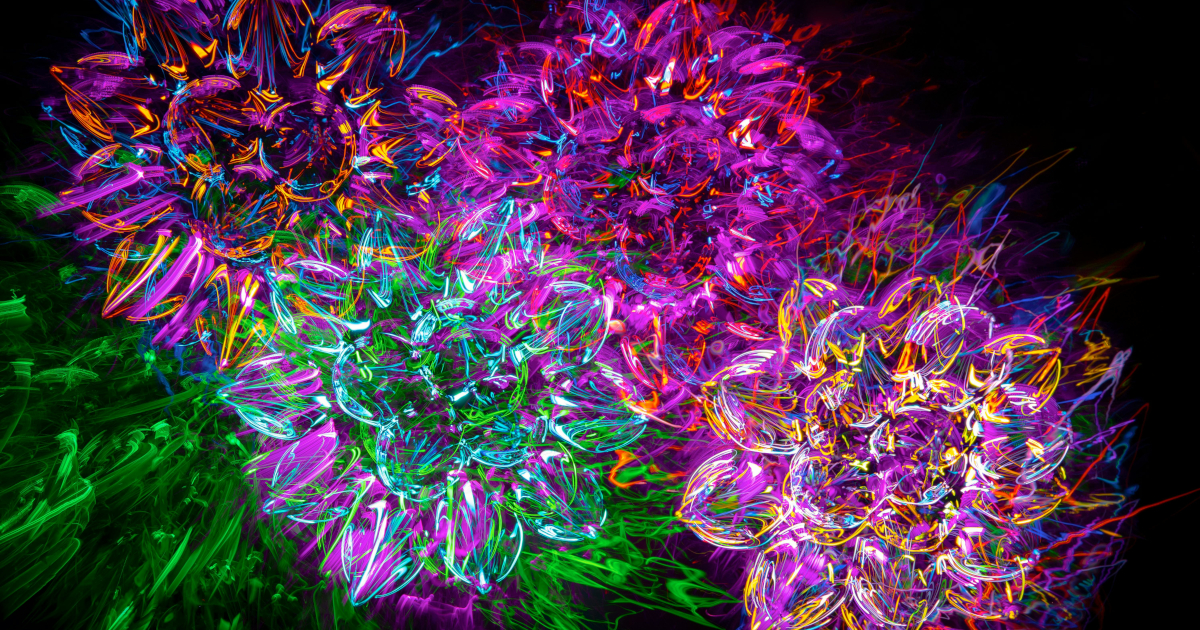Ketamine's Emerging Role in Mental Health Treatment Highlights Need for Expanded Access

Summary
Full Article
Ketamine, discovered in 1956 and approved by the FDA in 1970, is renowned for its safety and efficacy as an anesthetic. However, its application has significantly expanded into the realm of psychiatric treatment, offering hope to those with conditions like depression, anxiety, and OCD. A leading researcher explains, "Ketamine works on glutamate, an important neurotransmitter in the brain. By increasing neural activity and communication in areas of the brain affected by anxiety and depression, ketamine helps rewire the brain and produces lasting antidepressant effects."
Beyond its neurotransmitter effects, ketamine's anti-inflammatory properties and interaction with various brain receptors underscore its versatility as a treatment for a range of mental health issues. Patients like Jane Smith, who suffered from debilitating depression, attest to the rapid relief ketamine therapy provided. "Ketamine opened a window of hope for me. It alleviated my symptoms quickly and provided me with the courage to face life again," Smith shared.
Ketamine's potential extends to treating past traumas, compulsive behaviors, and chronic pain, offering alternatives to conventional treatments. However, the importance of receiving treatment from trained professionals who can accurately dose the medication cannot be overstated, ensuring both safety and effectiveness.
The growing body of research supporting ketamine's therapeutic benefits has sparked a movement among medical professionals, patients, and advocates to increase access to this treatment. As awareness of ketamine's life-changing potential grows, so does the imperative to make it available to those in need, marking a significant shift in mental health care paradigms.

This story is based on an article that was registered on the blockchain. The original source content used for this article is located at Newsworthy.ai
